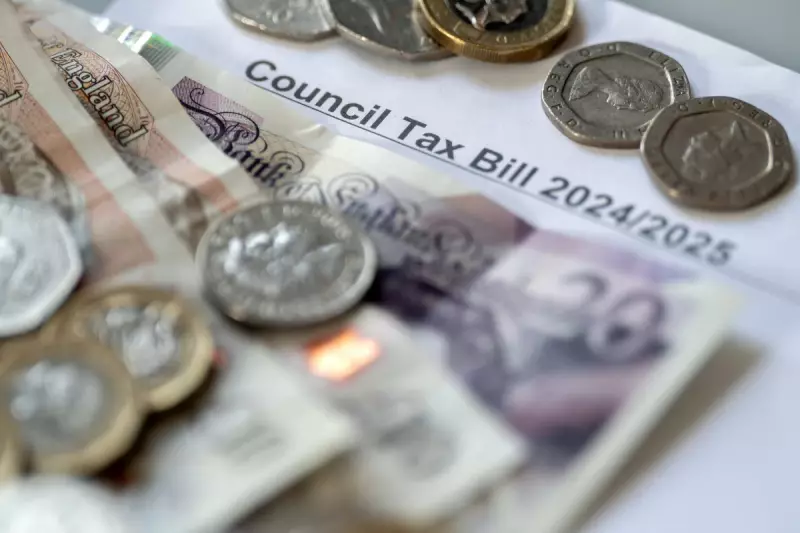
A growing number of MPs across party lines are calling for a radical shift in how council tax is managed, demanding that local authorities be given full control over rates and spending. The move, they argue, would enable councils to better address local needs and reduce reliance on central government funding.
Why Local Control Matters
Proponents of the change highlight that councils currently operate with limited flexibility, often constrained by Whitehall-imposed caps on tax increases. This, they claim, stifles innovation and leaves communities struggling to fund essential services like social care, infrastructure, and education.
The Case for Devolution
"Local leaders know their areas best," said one senior MP. "By giving them the power to set council tax rates based on local priorities, we can ensure fairer funding and more responsive governance."
The proposal has gained traction amid rising concerns about:
- Growing disparities between wealthy and deprived areas
- Inadequate funding for social care services
- Infrastructure gaps in rapidly growing communities
Potential Impacts
If implemented, the change could:
- Allow councils to raise more funds for local priorities
- Create greater accountability for local spending decisions
- Reduce bureaucratic delays in funding allocations
However, critics warn that without proper safeguards, the policy might lead to significant tax hikes in some areas, potentially placing additional burdens on households already struggling with the cost of living crisis.
What Happens Next?
The proposal is expected to face scrutiny in Parliament, with some ministers expressing concerns about maintaining national standards while allowing local flexibility. The debate comes as councils nationwide grapple with budget shortfalls and increasing demand for services.
As the discussion continues, many local government leaders are watching closely, hopeful that this could mark a turning point in how communities fund their futures.





